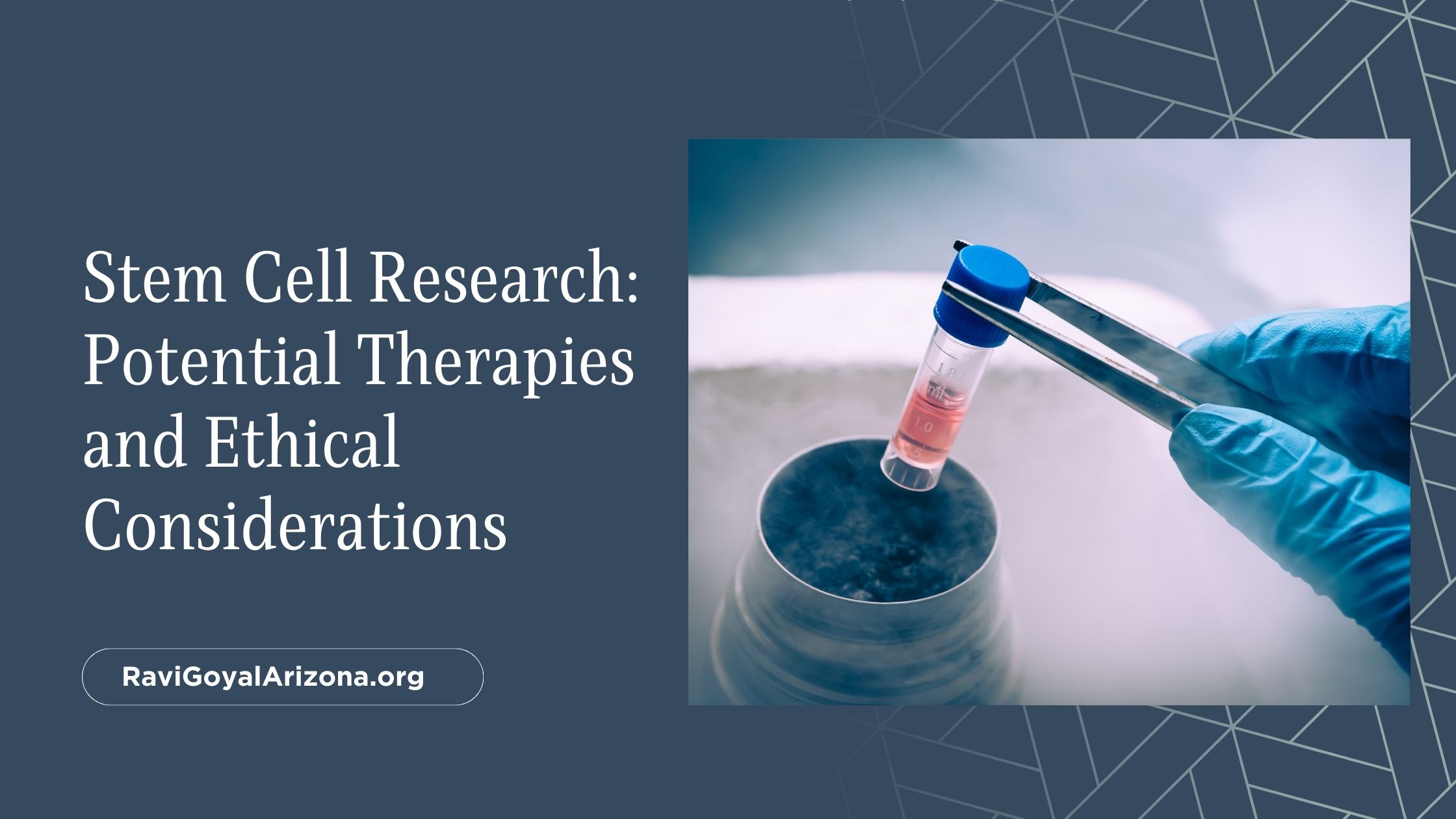Stem cell research has emerged as a beacon of hope for treating various diseases and conditions. These unique cells are canapes of cells that can regenerate damaged tissues and organs. However, stem cell research also raises ethical concerns that must be considered.
The Promise of Regeneration: Restoring Damaged Tissues
Imagine a woman diagnosed with heart disease. Stem cell therapy holds the potential to repair damaged heart tissue, improving her heart function and quality of life. Similarly, research explores using stem cells to treat neurological disorders like Parkinson’s, autoimmune diseases like multiple sclerosis, and certain cancers. By understanding how to harness the regenerative potential of stem cells, researchers hope to develop groundbreaking therapies for previously considered untreatable conditions.
Exploring Different Sources: Ethical Debates
There are two primary sources of stem cells for research: embryonic stem cells derived from fertilised embryos and adult stem cells obtained from mature tissues. Embryonic stem cells hold immense potential but raise ethical concerns regarding the destruction of embryos. While less versatile, adult stem cells offer a more ethically sound option. Researchers are actively exploring ways to improve the therapeutic potential of adult stem cells to make them a viable alternative.
Overcoming Challenges: Safety and Efficacy
While stem cell therapy’s potential is exciting, significant challenges remain. Ensuring the safety and efficacy of these therapies is paramount. Extensive research is needed to understand stem cell transplantation’s long-term effects and minimise the risk of tumour formation. Developing efficient methods for delivering stem cells to the target tissues and ensuring they integrate correctly is crucial for successful therapy.
Navigating the Ethical Landscape: Building Public Trust
The ethical considerations surrounding stem cell research necessitate open communication and public trust. Researchers must adhere to strict ethical guidelines and ensure informed consent from participants in clinical trials. Open dialogue with the public and ongoing discussions about the moral boundaries of stem cell research are essential for maintaining public trust and advancing the field responsibly.
The Future of Stem Cell Therapy
Stem cell research represents a new medical frontier with the potential to revolutionise how we treat diseases. By overcoming safety, efficacy, and ethical challenges, stem cell therapy can offer life-changing solutions for women struggling with various health conditions. As research progresses, we can expect stem cell therapies to transition from the realm of science fiction to reality, improving the health and well-being of women for generations to come.

